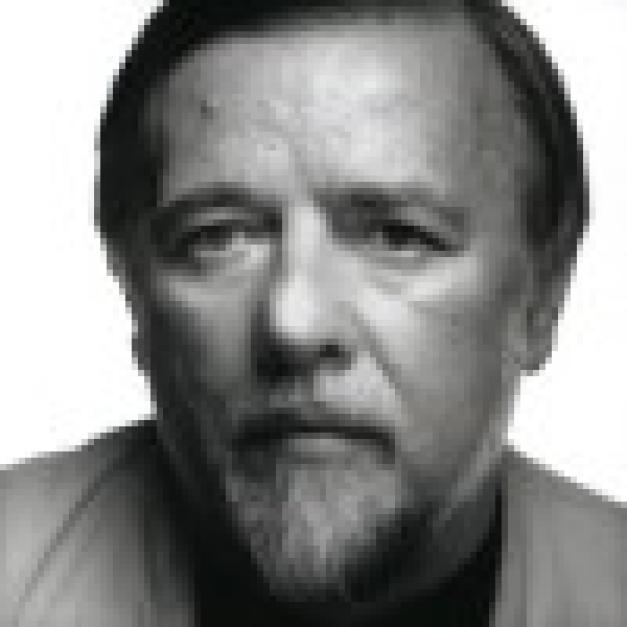As I recently found out about the Vilenica International Literary Prize, while looking for literary festivals around Europe, I thought that we should just go and have a thread on the prize itself because it's established, awards writers from over Europe, and its winners are interesting mix of those who have seen English translation and those who, as far as I can tell, haven't.
So the Vilenica International Literary Prize, awarded every year by the Slovene Writers' Association, is decided by an extensive jury, and announced months before the Vilenica International Literary Festival, where the winner eventually receives it.
The roll call of previous winners is:
So the Vilenica International Literary Prize, awarded every year by the Slovene Writers' Association, is decided by an extensive jury, and announced months before the Vilenica International Literary Festival, where the winner eventually receives it.
The roll call of previous winners is:
- 1986 - Fulvio Tomizza (Italy)
- 1987 - Peter Handke (Austria)
- 1988 - Peter Eszterh?zy (Hungary)
- 1989 - Jan Sk?cel (Czech Republic)
- 1990 - Tomas Venclova (Lithuania)
- 1991 - Zbigniew Herbert (Poland)
- 1992 - Milan Kundera (Czech Republic)
- 1993 - Libuše Mon?kov? (Czech Republic/Germany)
- 1994 - Josip Osti (Bosnia and Herzegovina)
- 1995 - Adolf Muschg (Switzerland)
- 1996 - Adam Zagajewski (Poland)
- 1997 - Pavel Vilikovsky (Slovakia)
- 1998 - P?ter N?das (Hungary)
- 1999 - Erica Pedretti (Switzerland)
- 2000 - Slavko Mihalić (Croatia)
- 2001 - Jaan Kaplinski (Estonia)
- 2002 - Ana Blandiana (Romania)
- 2003 - Mirko Kovač (Croatia)
- 2004 - Brigitte Kronauer (Germany)
- 2005 - Ilma Rakusa (Switzerland) & Karl-Markus Gau? (Austria)
- 2006 - Miodrag Pavlović (Serbia)
- 2007 - Goran Stefanovski (Macedonia)
- 2008 - Andrzej Stasiuk (Poland)


